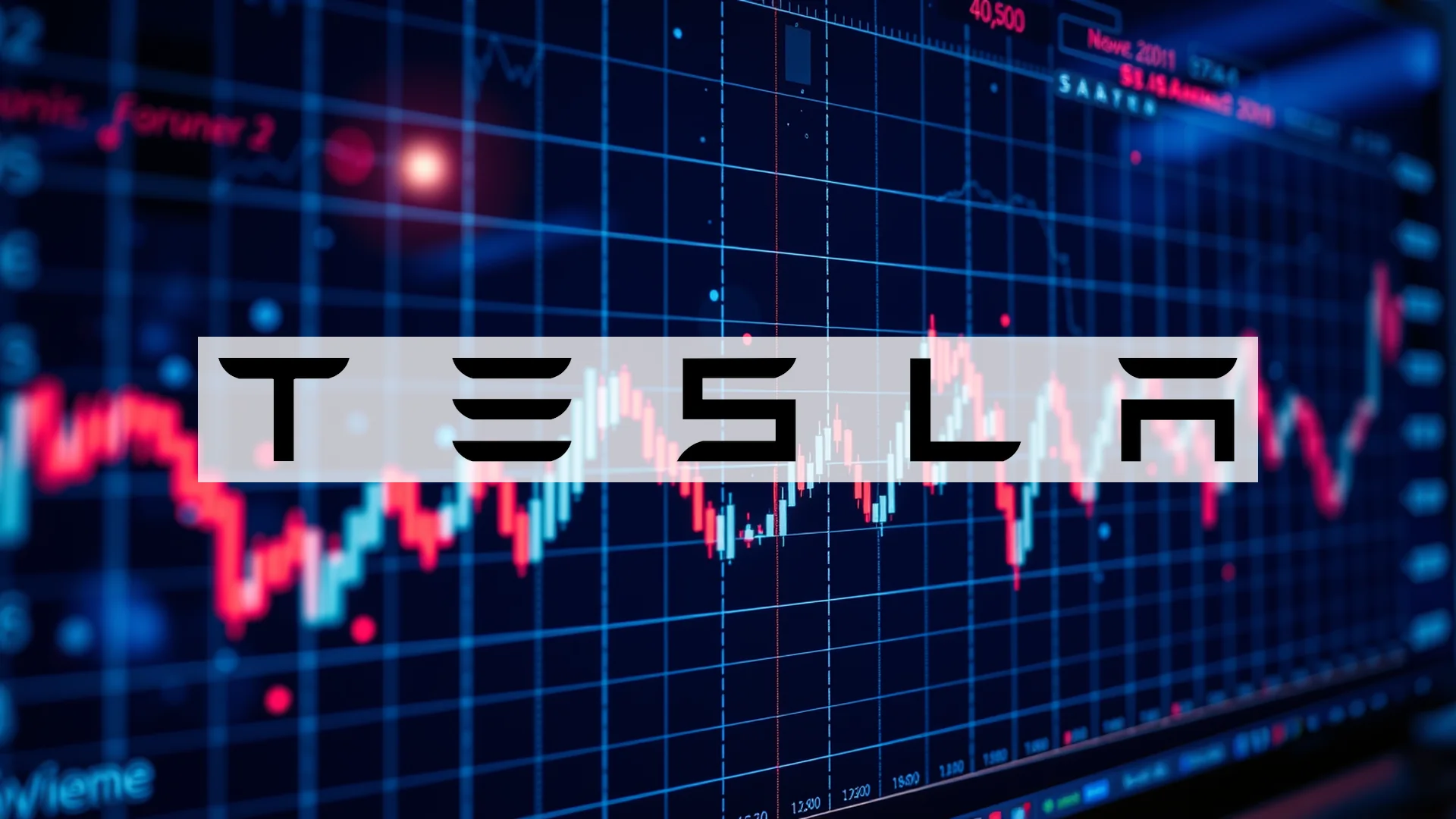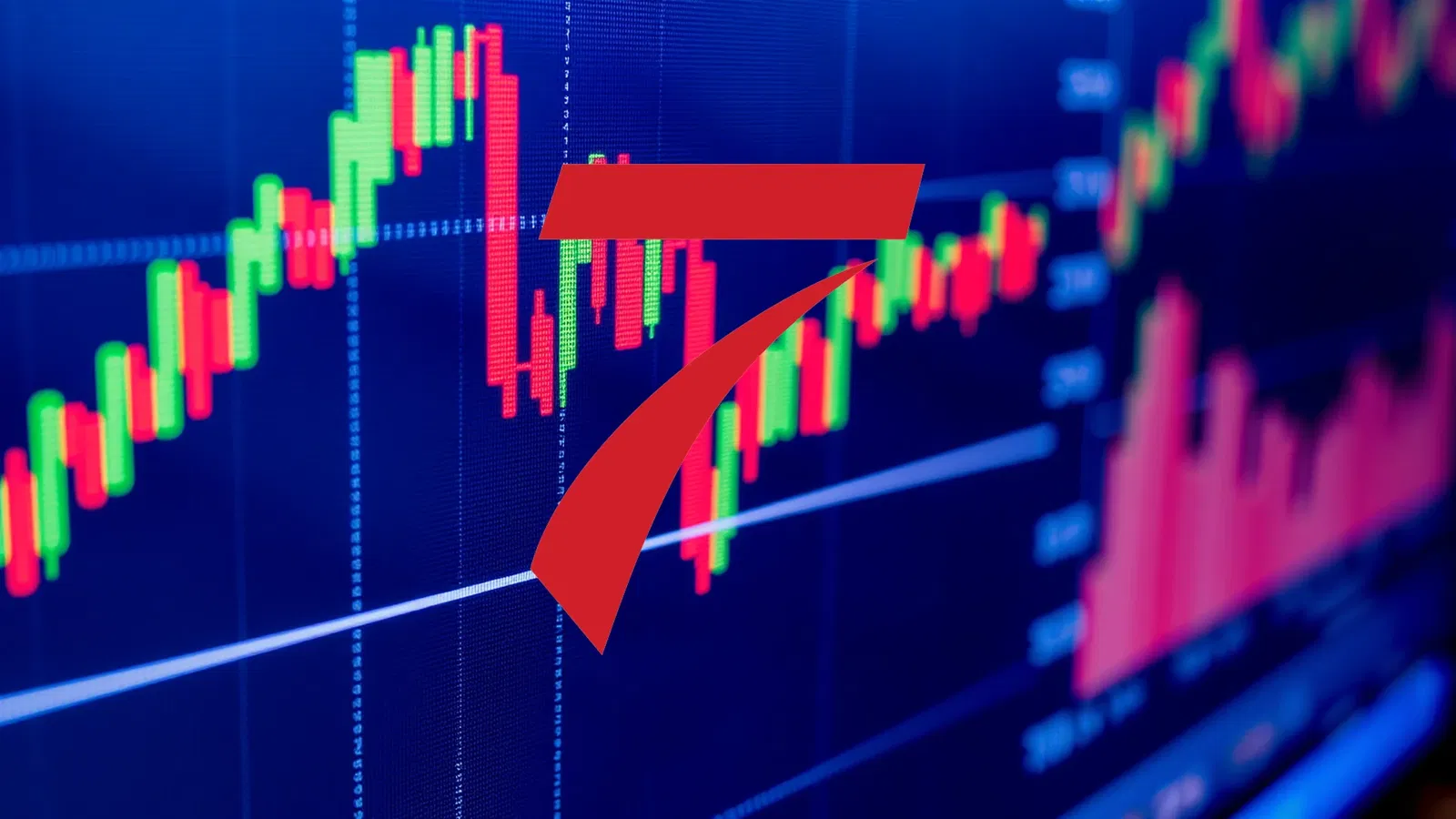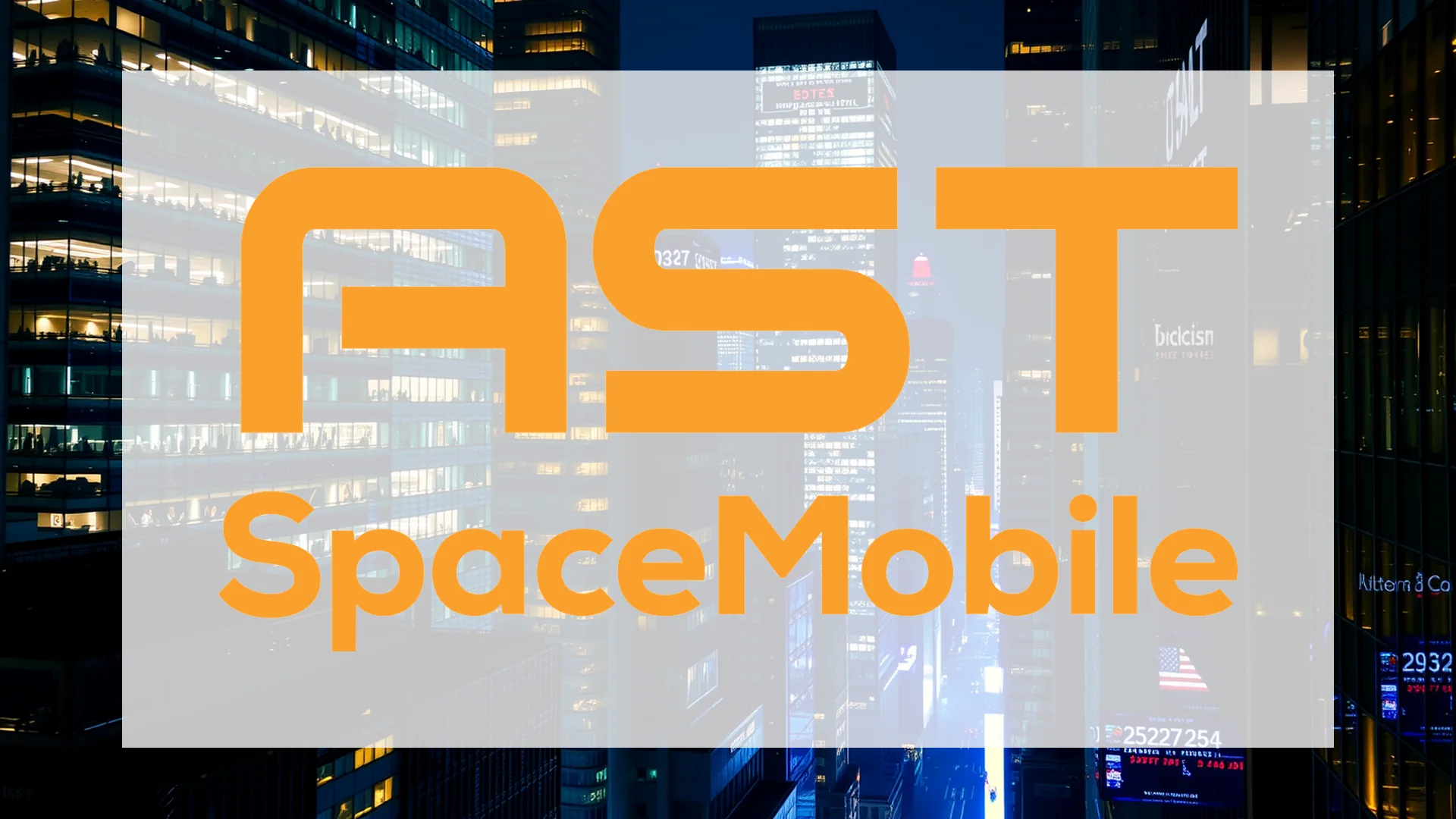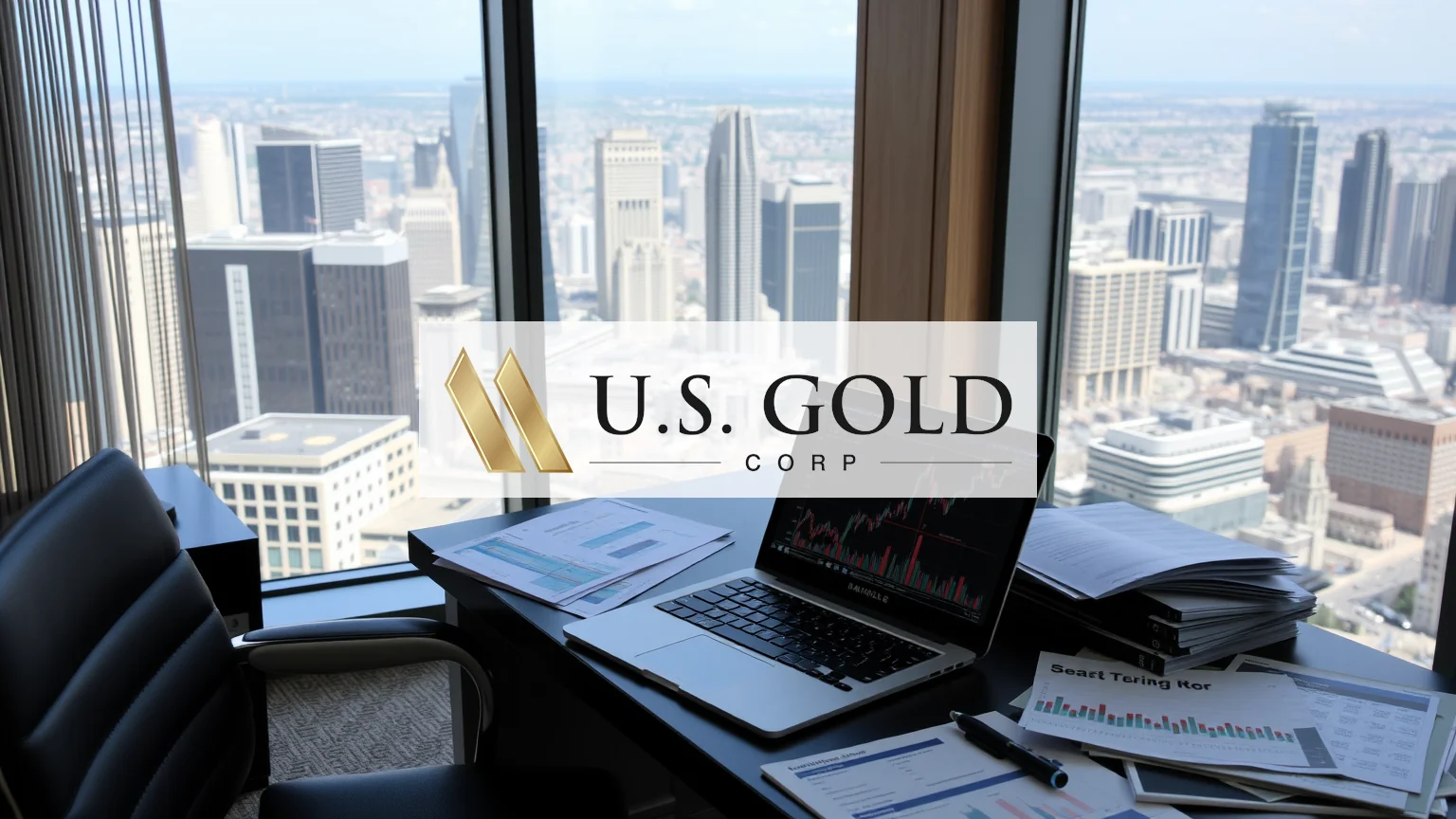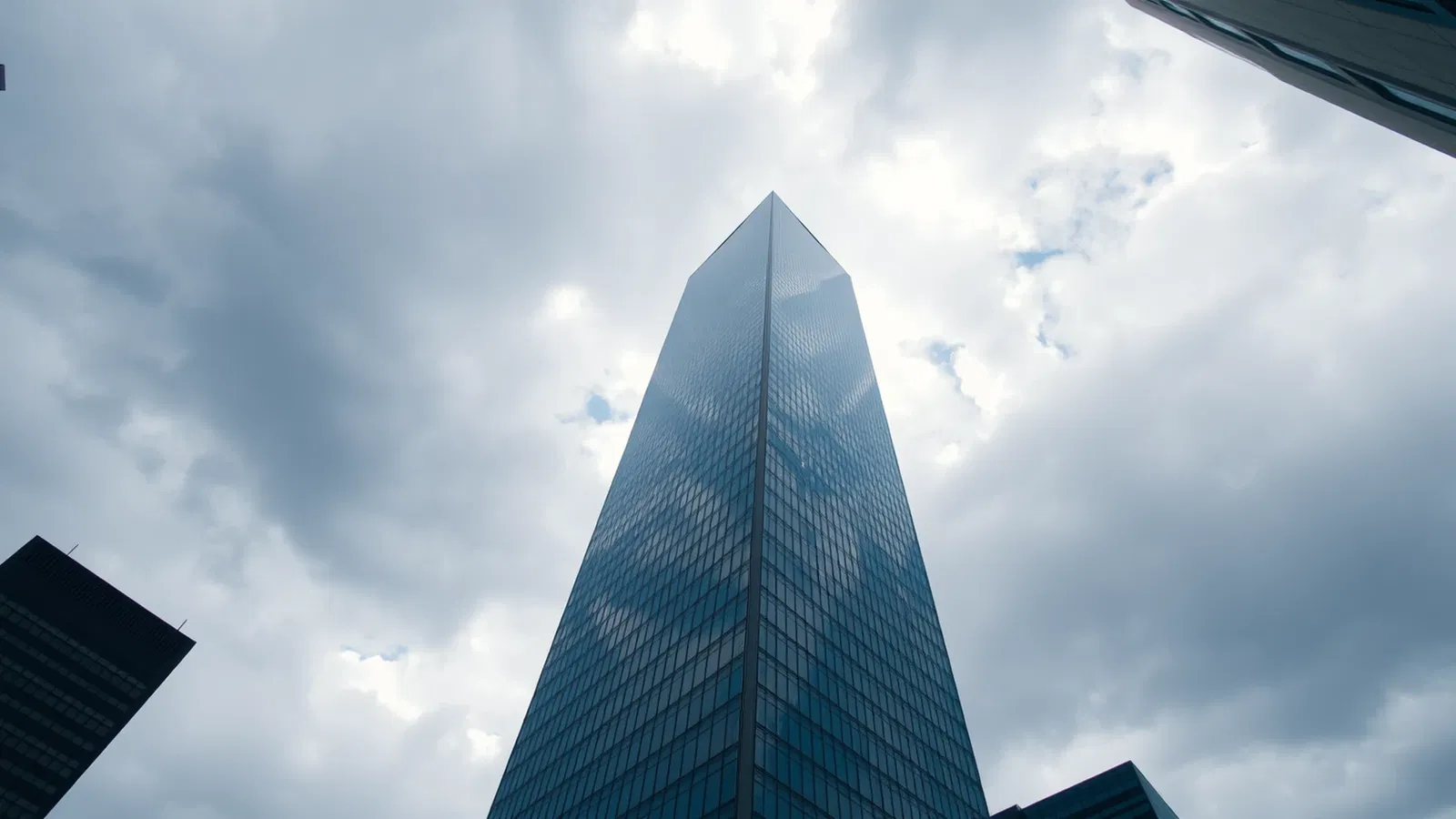Tesla shares are navigating turbulent waters as significant regulatory and financial challenges emerge, threatening the company’s aggressive growth narrative. With a sky-high valuation and immense future expectations already priced in, investors face a potential reality check concerning the autonomous vehicle timeline and underlying financial health.
Regulatory Roadblock for Autonomous Vehicle Plans
Elon Musk’s vision to transform Tesla into a fully autonomous robotaxi company encountered a substantial setback over the weekend. Contrary to widespread investor optimism surrounding the “Cybercab” launch, official confirmation from the U.S. National Highway Traffic Safety Administration (NHTSA) reveals a critical oversight: Tesla has not yet submitted a necessary exemption petition for its planned vehicle.
This development is particularly consequential because the Cybercab’s design, which omits a traditional steering wheel and pedals, legally prohibits its operation on public roads without such special regulatory approval. The absence of this crucial application strongly suggests that the commercial deployment timeline may extend far beyond what is currently reflected in the stock’s valuation. This timing discrepancy poses a substantial downside risk for shares trading at a lofty price-to-earnings ratio of approximately 270.
Compensation Liability and Market Pressures
Beyond regulatory delays, a significant financial contingency looms. Market analysts are highlighting a potential “accounting time bomb” linked to CEO Elon Musk’s compensation package. Should Tesla be unsuccessful in its appeal before the Delaware court, the “interim compensation package” approved in August 2025 would need to be recognized as a new expense.
Should investors sell immediately? Or is it worth buying Tesla?
- Financial Impact: The company could face a substantial non-cash charge estimated between $23 billion and $26 billion.
- Earnings Consequence: This one-time accounting entry has the potential to effectively erase Tesla’s reported GAAP profits for up to two years, severely distorting key valuation metrics monitored by institutional investment algorithms.
Compounding these issues are operational headwinds in a crucial market. Recent data from China indicates a noticeable slowdown, with Tesla selling only 26,006 vehicles domestically during October. This performance reflects increasing competitive pressures in the world’s largest electric vehicle market. These fundamental weaknesses are currently capping the stock’s upward momentum. Tesla equity closed Friday’s session at €339.05, recording a weekly decline of approximately 2.5%.
Strategic Expansion in Charging Infrastructure
Amid these challenges, one segment shows promising strategic development. The company’s Supercharger network expansion is progressing with a new, capital-efficient approach. In a first, a location in Florida has been activated that is owned by a third party yet fully integrated into the Tesla ecosystem. This tactic enables the automaker to increase network density without bearing the full associated capital expenditure—a shrewd move for long-term, scalable growth.
Investment Outlook
Tesla stock is currently caught in a complex crosscurrent of factors. Investors must now carefully balance deflationary trends emanating from China and confirmed bureaucratic delays for the Cybercab against the long-term potential of the company’s artificial intelligence and automation narrative. With the confirmed lack of a filed NHTSA petition, the market is likely to demand a higher risk premium in the near term, increasing volatility for the high-flying shares.
Ad
Tesla Stock: Buy or Sell?! New Tesla Analysis from February 7 delivers the answer:
The latest Tesla figures speak for themselves: Urgent action needed for Tesla investors. Is it worth buying or should you sell? Find out what to do now in the current free analysis from February 7.
Tesla: Buy or sell? Read more here...

